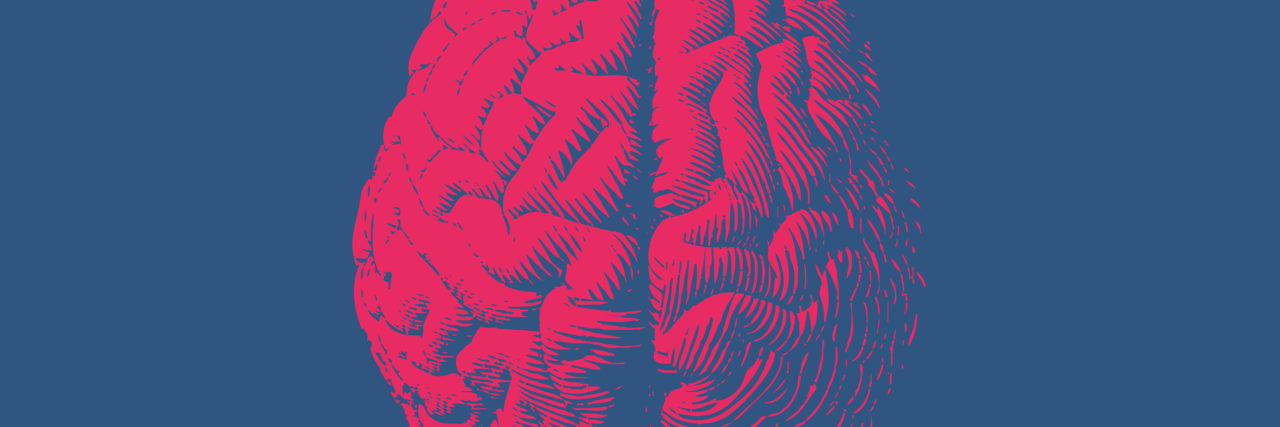Chronic traumatic encephalopathy, also known as CTE, is the term used for a degenerative brain disease that occurs when the brain has endured repeated blows to the head or from jarring events, such as hard falls or whiplash. Any type of head trauma can have a lasting impact on the brain. Although it isn’t fully understood, it is a serious condition that should never go untreated.
What causes CTE?
CTE is found mostly in people who have experienced repeated blunt-force trauma to the head. CTE can occur most commonly in:
- Contact sports like football and soccer, or any activity causing hard falls and head injury
- Auto accidents that result in traumatic head injuries
- Military personnel who survived explosions or other head trauma
Common Symptoms
Many people with CTE experience disruptive physical symptoms and emotional behavior. Difficulty concentrating or staying on task for long periods of time are common. Other symptoms can include:
- Depression
- Difficulty with thinking
- Substance abuse
- Memory loss
- Suicidal thoughts
- Aggression
- Irritability
- Speech, language and vision problems
If any of these symptoms appear with increasing frequency, you should seek medical attention immediately.
Treatment Options
There is no “one size fits all” treatment plan for CTE. The condition can be progressive and cause continued degeneration of the brain tissue.
Here are some tips to reduce the risk of potential head injury:
- Wear a helmet while playing sports like baseball, rugby, ice hockey, alpine skiing, and snowboarding
- Wear a helmet while riding a bicycle, motorcycle, rollerblading, or engaging in any board sports
If an accident occurs and you are diagnosed with a concussion, you should:
- Follow your doctor’s orders and get as much rest as possible.
- Reduce your level of physical activity and avoid strenuous activities.
- Reduce the clutter in your environment and make it as relaxing as possible, until the doctor gives you the go-ahead to resume regular day to day activities.
Any time a concussion is diagnosed, the brain has been affected to some degree. The key to controlling CTE is to minimize your risk of further damage. If you believe you have received a concussion or are experiencing the effects of CTE, seek medical attention immediately.
Getty image by Jolygon.

